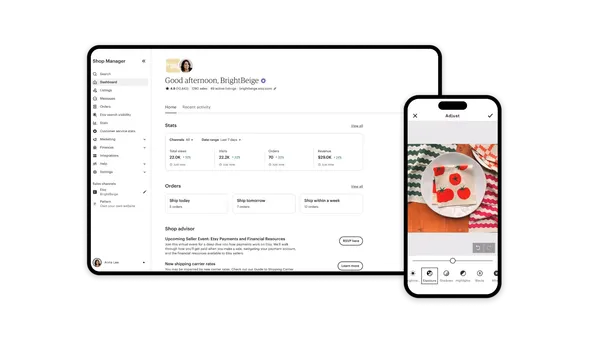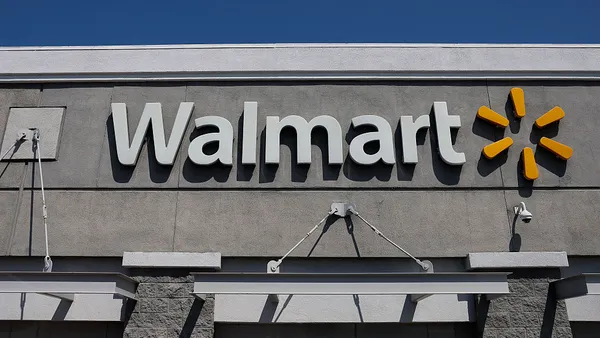Dive Brief:
-
After a groundswell of comments from advocates and an unusual appeal from President Barack Obama, the Federal Communications Commission Wednesday proposed rules to ensure “net neutrality” and an open Internet.
-
FCC chairman Tom Wheeler announced an approach that would regulate mobile companies and Internet providers under an early law governing the telephone business that essentially treats the Internet like a public utility. Critics say the approach could stifle innovation.
-
The rules would bar broadband service providers, wired or wireless, from blocking access to legal content, slowing delivery speed based on content or source, or selling access to “fast lanes” or “slow lanes” based on price or preference. The FCC will vote on the rules Feb. 26.
Dive Insight:
The FCC has been thwarted in its efforts to protect net neutrally by the courts, which have dismantled regulations based on the way the FCC defined the Internet. The public utility treatment is a way that uses existing law, and allows protections that are as strong—and possibly stronger—than net neutrality advocates had hoped for. While the issue may not have been at the top of many retailers’ concerns, it likely should be.
If the internet has different speed lanes, advertisers could benefit if ads are seen as a way to pay for the added expense of fast lanes that brands may be forced to employ. Content-rich sites are also increasingly an effective way to engage customers, while slow websites are an irritation.
According to Clustix's The State of Online Shopping: 2014 Survey, nearly 50% of respondents said that slowly loading pages on a website would lead them to shop elsewhere. To ensure the success of their own innovations, retailers should be very much invested in an open internet, experts say.
Indeed, what’s at stake, says Brian Kilcourse, managing partner at Retail Systems Research, is customer satisfaction, something that, at the end of the day, every retailer promises.













